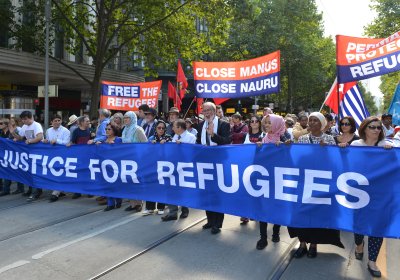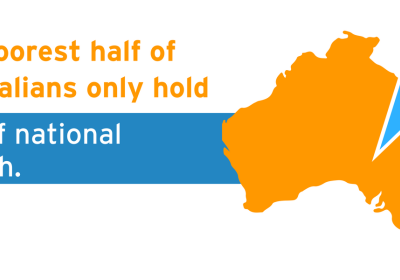Delegates from several unions met in Sydney on July 28 and voted unanimously to call for a statewide day of action on October 18 in response to attacks on penalty rates, the ABCC, and the war on workers and their unions.
The meeting also voted to hold another combined unions delegates meeting in mid-September, to plan an ongoing campaign.
The motion was moved by Construction Forestry Mining & Energy Union (CFMEU) delegate Denis McNamara and seconded by Unions NSW Secretary Mark Morey.










